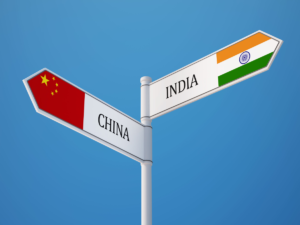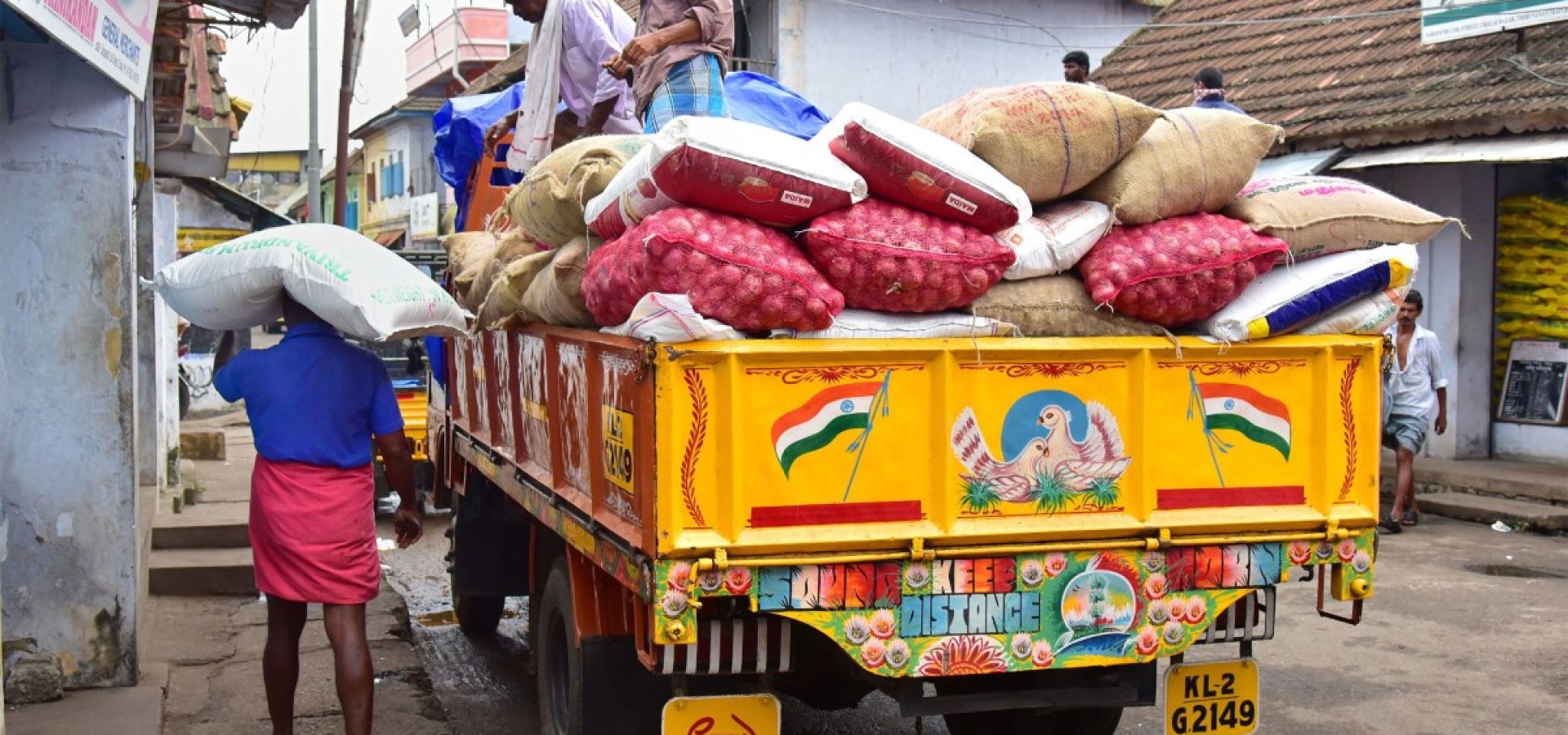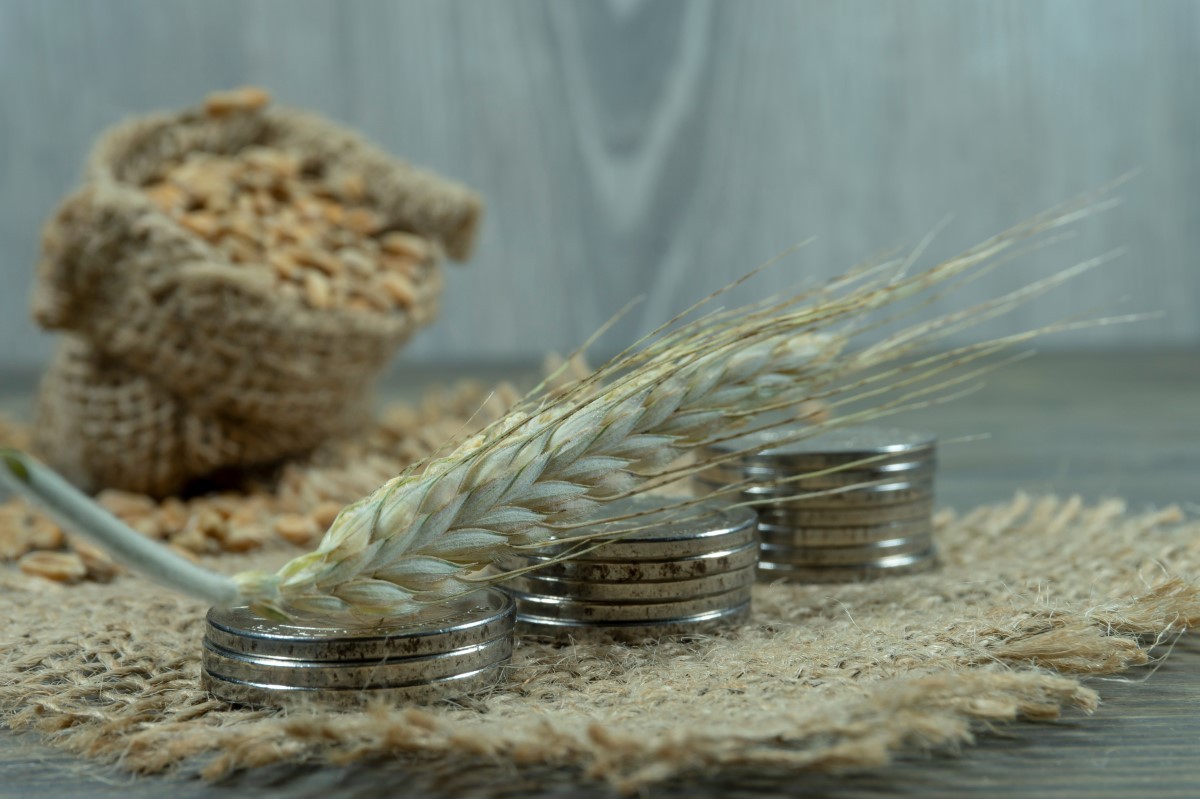Coronavirus is affecting the global economy. But for India, it’s both: a threat and an opportunity.
Deadly virus fears caused the Chinese government to ban inbound flights. Moreover, most of the airlines suspended flights to China. Among the sectors which stopped operating in China was international mail too. World postal union suspects that the suspension of flights will affect mail delivery in the foreseeable future.
China is an exclusive importer of various commodities globally. Commodities, where the country contributes in no small part of global consumption, are likely to experience pricing tensions over near to medium term. Indian corporates, which are net users of these commodities, are expected to report an improvement in their debt protection metrics.

Global buyers turned to India to purchase ceramics, homeware, ceramics, textiles, engineering goods, and furniture. In the past ten days, Indian producers and exporters received a growing number of requests, mostly from the EU and the US.
At the Cevisama 2020 ceramic fair in Spain, Indian companies generated greater interest from buyers. Indian exporters expect to get a head start in ceramics, where they compete with China.
Ajay Sahai, director general at the Federation of Indian Export Organizations, commented on the present situation in the market. He said that Indian exporters of engineering goods, chemicals, and marine products would benefit the most.
Some sectors get hit in the country
However, not all Indian industries are benefiting from China’s inability to trade. China accounted for nearly 11% of the global imports and 13% of global exports in 2018. It also works as an import supplier of various raw materials and common goods. Thus, the supply chains for different global and Indian industries link directly to China. In a condition wherein the outbreak continues for several weeks, the impact on China’s manufacturing activity could be significant. It’s because of a decline in labor availability and customer demand.
Several Industries in India have a significant direct dependence on supplies from China. India’s leather sector is in trouble because it depends on the Chinese supply of such components as soles and ornaments. Buyers are most likely to replace China with Vietnam or Cambodia.
Some of these commodities, such as antibiotics, fertilizers, and activated pharmaceutical ingredients (APIs), are essential products. Any disorder in the supply of these products over the long-term could have notable economic outcomes for India.
Automobiles and textiles could also face supply disruptions for fundamental raw materials.
All this together could further depress the recovery in industrial production over the near to medium term.









COMMENTS